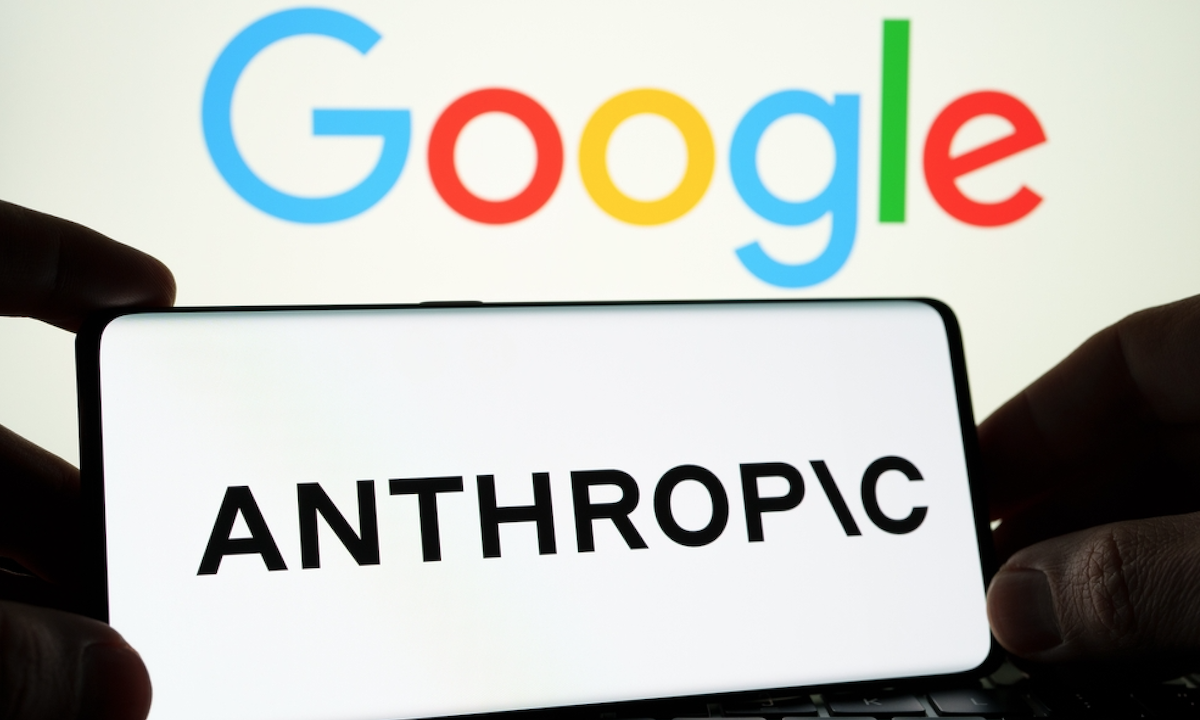AI startup Anthropic and tech industry groups Engine Advocacy and TechNet reportedly said in a Friday (May 9) court filing that competition in the AI field would be harmed by a Department of Justice (DOJ) proposal that would require Google to give the DOJ advance notice of proposed AI investments and partnerships.
The DOJ’s proposal and Anthropic’s court filing came in the case in which a U.S. district judge is considering ways to increase competition in the online search market, after ruling in August that Google holds an illegal monopoly in that market, Reuters reported Friday (May 9).
The DOJ and several state attorneys general made this proposal and many others in the case, aiming to open up the search market and to prevent Google from becoming dominant in the artificial intelligence (AI) field, according to the report.
Anthropic, which is an AI startup and a partner of Google, and the two tech industry groups said in their court filing that the DOJ’s AI-related proposal could deter Google from partnering with and investing in smaller AI companies, which would harm competition and result in app developers and end users having fewer options, per the report.
Google has said that it has already begun making its agreements non-exclusive and that this is the right approach to ensuring competition in the AI field, the report said.
It was reported March 7 that the DOJ dropped an earlier bid to force Google to sell its AI investments, while still seeking a court order to compel the tech giant to sell its Chrome browser.
A Google spokesperson said at the time that the DOJ’s proposals “continue to go miles beyond the Court’s decision, and would harm America’s consumers, economy and national security.”
On April 21, the DOJ told the court that strong measures are needed to make sure Google cannot leverage its AI products to further extend its search engine monopoly.
“This court’s remedy should be forward-thinking and not ignore what is on the horizon,” DOJ lawyer David Dahlquist told the court.
While Google’s share of the search market has fallen from nearly 90% in 2020 to closer to 80% today, in part because of AI-powered competitors, the company has also become a major player in retrieval augmented search (RAG), which combines a large language AI model with traditional search technology.




